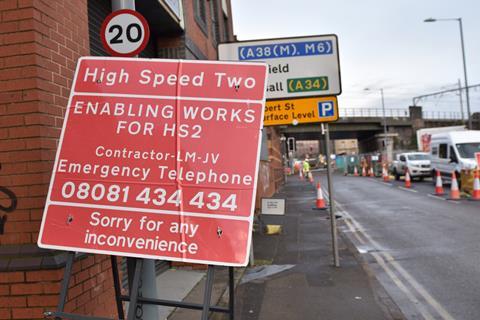Planning wrangles continuing to hold up building work of critical jobs, new report warns
The National Infrastructure Commission has said a new data platform to share environmental information and ways of addressing the impact of proposed infrastructure projects will mean stronger protection for natural habitats and speed up schemes.
The review by the government’s official infrastructure adviser also recommends local communities are offered more direct benefits for hosting infrastructure that support national objectives. These could include proximity based payments for households or funding for local projects, it added.
It said the planning system is currently too slow, partly because National Policy Statements – which guide the recommendations the Planning Inspectorate makes to ministers about whether schemes should proceed – have not been routinely updated.

The NIC said a review of National Policy Statements every five years should be a legal requirement, while future National Policy Statements include clear tests against which proposed projects will be assessed.
It said government should amend legislation to bring onshore wind back into the Nationally Significant Infrastructure Projects system as soon as possible to arrest an 80% decline in installations since planning decisions for onshore wind were returned to local authorities in 2016.
>>See also: ‘Just get on and build the thing.’ John Armitt goes in to bat for HS2
And it added there should be a “new central coordination mechanism, reporting to the prime minister or chancellor, to oversee regular and consistent reviews of National Policy Statements and ensure that consenting times for key schemes are shortened”.
The review, which was commissioned by chancellor Jeremy Hunt in February, said that if its recommendations were followed then getting planning consent for major projects would be completed within two and a half years – compared to the current average of more than four years. It added the likelihood of legal challenges would be reduced “by ensuring better outcomes for the environment and local communities”.

























No comments yet